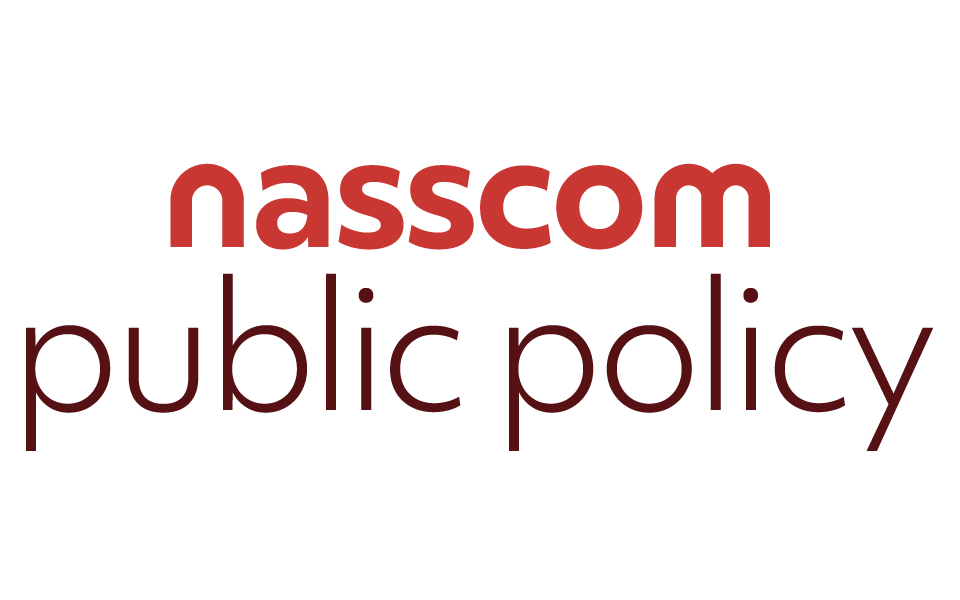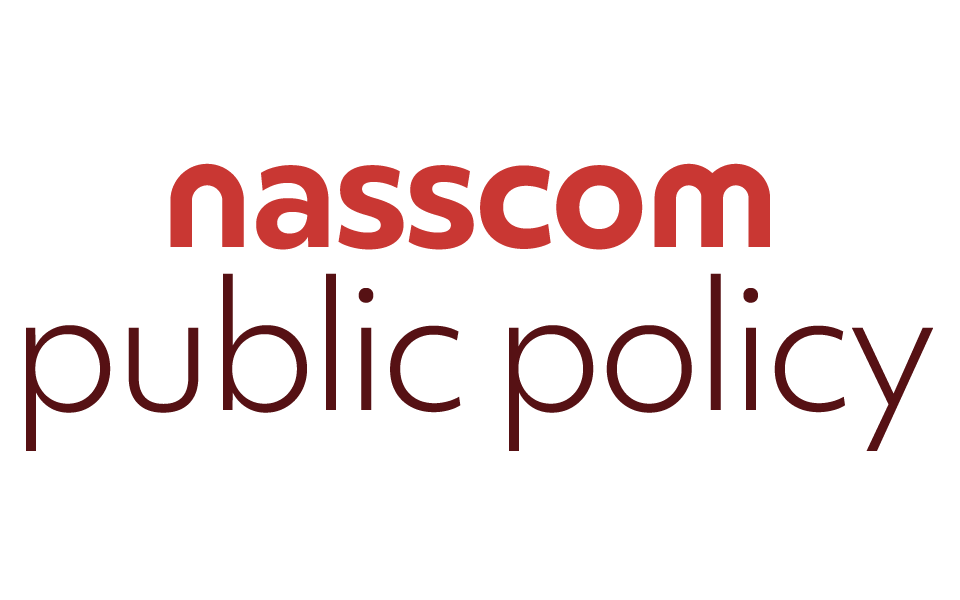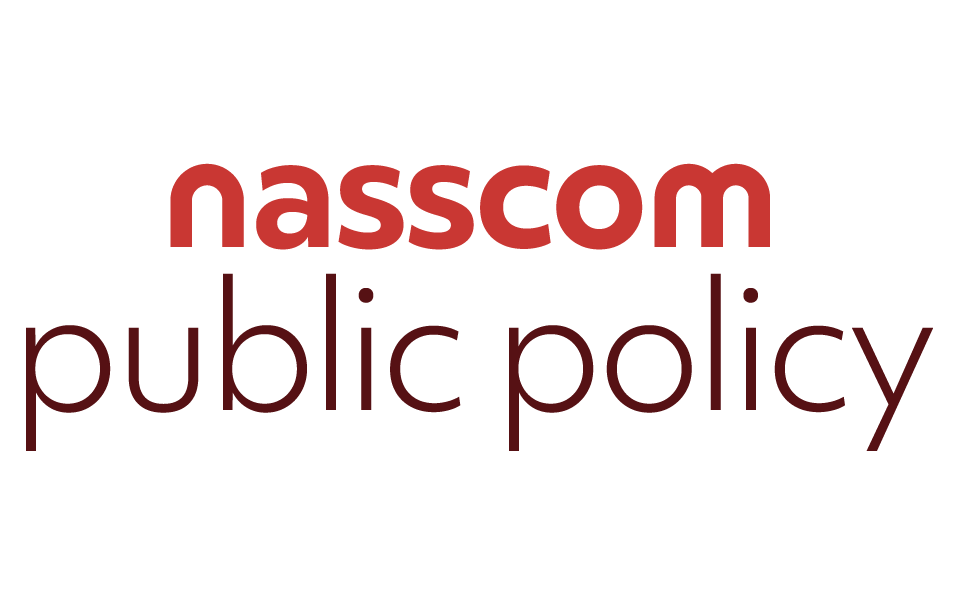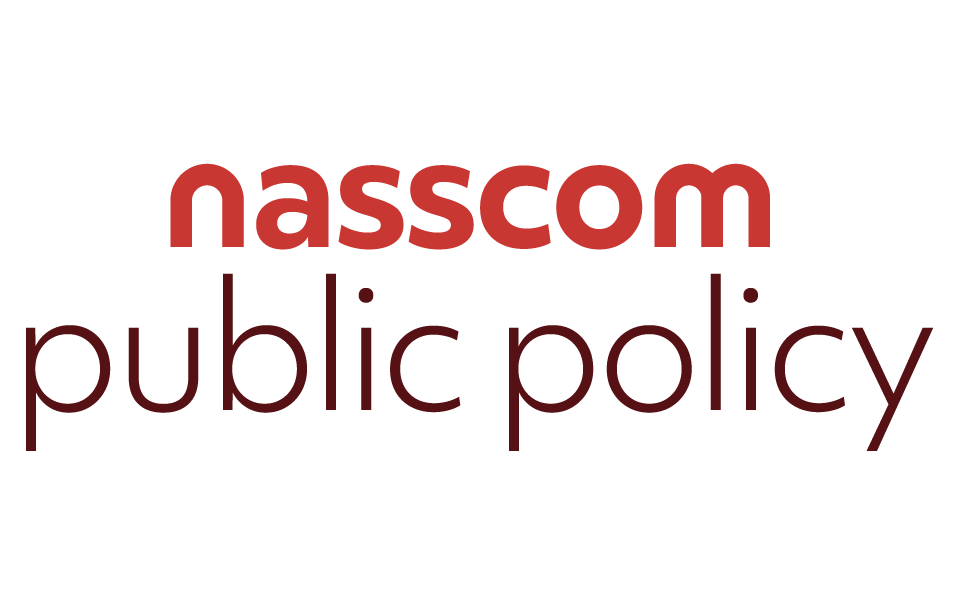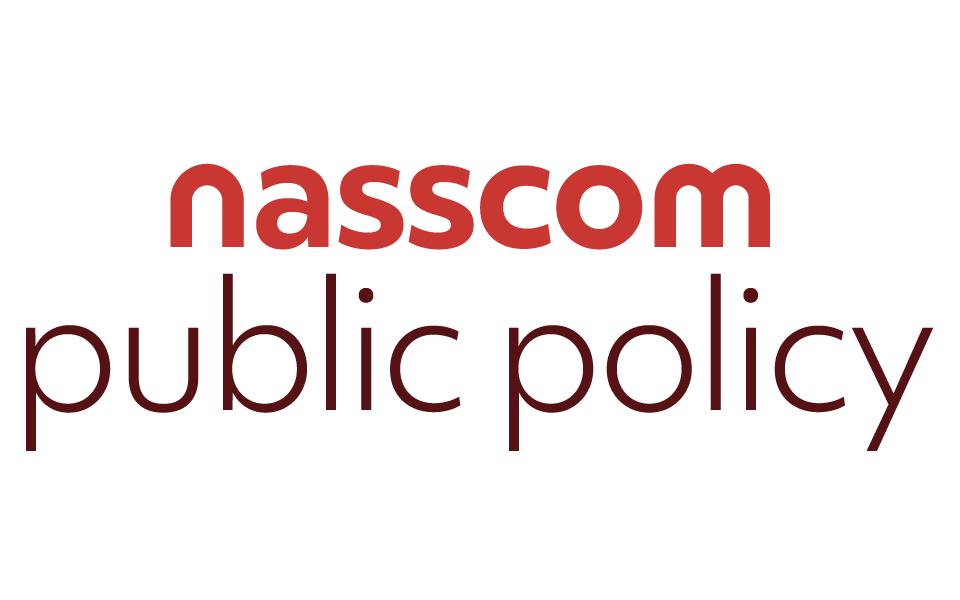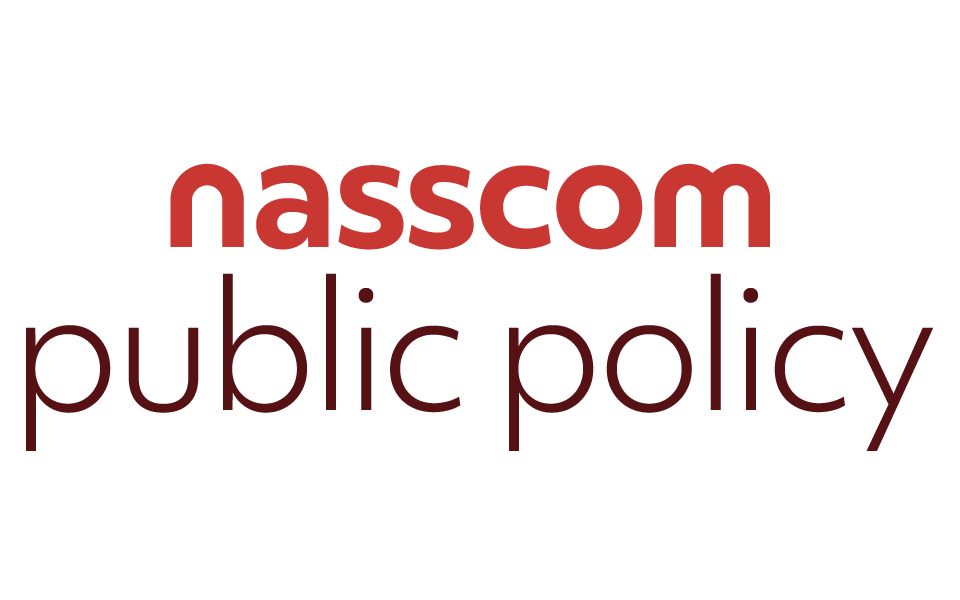Highlights of the U. K. Sinha led expert committee report on Micro, Small and Medium Enterprises
03.07.2019
Context
In January, the Reserve Bank of India constituted an eight-member expert committee on micro, small and medium enterprises (MSMEs) headed by former SEBI chairman U.K. Sinha to undertake a comprehensive review of the sector and to propose long-term solutions for its economic and financial sustainability. The expert panel, which was asked to study the problems faced by MSMEs, submitted its suggestions to RBI Governor Shaktikanta Das last month.
The committee has looked into areas of capacity building, policy changes and financing needs to unlock the potential of this sector, it said in the report to RBI.
Other members of the panel are Ram Mohan Mishra, Additional Secretary, Development Commissioner MSME; Pankaj Jain, Joint Secretary, Department of Financial Services, Ministry of Finance; P. K. Gupta, Managing Director, SBI; Abhiman Das, Professor, IIM-Ahmedabad; Sharad Sharma, co-founder, iSPIRT Foundation; and Bindu Ananth, Chair, Dvara Trust.
India’s 63.38 million MSMEs contribute significantly to the country’s economic growth. The sector accounts for about 45% of manufacturing output, more than 40% of exports, over 28% of gross domestic product and employs about 111 million people, the report said.
Key recommendations of the committee
- Need for a comprehensive MSME law
The committee suggests that with gradual evolution of the MSME ecosystem, the Micro, Small and Medium Enterprises Development (MSMED) Act, 2006 that was enacted to put in place a framework for developing and enhancing competitiveness of the MSME enterprises, needs to be reimagined as a more comprehensive and holistic legislation. The onus of the new law should be on market facilitation and promoting ease of doing business for MSMEs. It should be able to address the major challenges, relating to physical infrastructural bottlenecks, absence of formalisation, technology adoption, capacity building, backward and forward linkages, lack of access to credit, risk capital, perennial problem of delayed payments, etc. These problems are hindering the development of a conducive business environment for expansion of the sector.
- Revise classification of MSMEs
While most of the countries are using number of employees as a variable to define MSMEs, in India, MSMEs are presently defined based on investment in plant and machinery / equipment. To facilitate ease of doing business, the Government has proposed turnover based definition by replacing the current investment-based definition of MSMEs. After deliberation upon the proposed definition, the committee found it rational, transparent, progressive and easier to implement with the introduction and operationalization of Goods and Services Tax (GST). The committee suggests that there is a need to adjust the definition criteria from time to time in the context of the changing economic scenario. The Parliament may consider delegating the power of classifying MSMEs to the Executive, it added.
- Ensure timely payments to MSEs
Micro and Small Enterprises (MSEs) face problems of delayed payments and hesitate to enforce the legal provisions available to them under the MSMED Act due to their low bargaining power. As timely payments to MSEs is of least priority to the buyers, the solution must be necessarily designed around the buyers. The Committee recommends amendment to the MSMED Act requiring all MSMEs to mandatorily upload all their invoices above an amount to be specified by Government, from time to time, to an Information Utility. Further, a monitoring authority should be set up under Development Commissioner MSME and should be notified under IBBI IU Regulation No. 23. While this mechanism will entail automatic display of the names of the defaulting buyers, it will also act as a moral suasion on the buyers to release payment to MSE suppliers. In addition, most of the states have only one MSE Facilitation Council (MSEFC) that is not adequate to cater to delayed payment cases arising in the entire State. Hence, there is a need to increase the number of facilitation councils particularly in larger states.
- Public Procurement through GeM portal
As per the MSMED Act, Government has notified procurement policy wherein PSUs/ Government Departments have to make 25% of their procurement from MSEs. To further strengthen the procurement mechanism, the Government has also launched its e-market place (GeM) portal. The Committee recommends that Government should make it mandatory for PSUs/ Government Department to procure from MSEs up to the mandated target of 25% through the GeM portal only. Further, the portal can be developed as a full-fledged market place enabling MSE sellers to procure raw material as well. The Committee also recommends that the General Financial Rules (GFR) and Departmental Procurement Codes/ Manuals, as the case may be, be amended to prohibit placing of purchase orders in excess of the annual budget approved by the legislature/ Government.
- PAN to be used as unique identifier for MSME units
Presently, MSMEs must do multiple registrations with various entities such as Udyog Aadhaar portal, GSTN, NSIC, etc. This leads to cumbersome registration process and duplication of efforts. Therefore, the committee suggests that the Government should make PAN as a Unique Enterprise Identifier (UEI) and the same should be used for various purposes like procurement, availing government-sponsored benefits, etc.
- Incentives for start-ups
Enabling environment, encompassing tax concessions, well developed infrastructure, ease of doing business, exit policy, etc. available in other countries is incentivising the Indian start-ups to migrate. The expert panel recommends that suitable financial and non-financial incentives must be deployed to retain successful Indian start-ups entities in India.
- Focus on capacity building
Capacity building of the entrepreneurs is an essential pre-requisite for development of the sector as it equips the entrepreneurs with the necessary knowledge and wherewithal to function. The committee suggests establishment of Enterprise Development Centres (EDCs) within District Industries Centres (DICs) in each district. These institutions should be strengthened to be able to run professionally and facilitate development of entrepreneurs into full-fledged, self-sustaining enterprises. Support extended to these entities by national and state level SPVs for knowledge creation and dissemination will be crucial for their success. The Committee observed that such a step, if implemented, effectively would provide necessary handholding support in various aspects such as technical expertise, managerial skill, filling up of the knowledge gap, etc., leading to a multiplier effect. They should also be equipped to assist rural enterprises in respect of GST, IT, UAM registration, PAN application, loan document preparation, etc.
- Increase private sector support to MSME initiatives
Presently, MSME clusters are inadequately equipped in areas such as tool rooms, innovation centres, testing facility, etc. The committee recommends that these clusters should collaborate with companies having innovation infrastructure, R&D institutions and universities that specialize in a specific industry or knowledge area. Most cluster development initiatives are funded largely by the public agencies and private sector contribution for such common initiatives is miniscule. It is recommended that ways and means to enhance private sector contribution must be found, viz., through debt instruments like bonds, convertible debentures, etc., with tax incentives through SIDBI, so that larger number of clusters can be supported.
- Ancillary support to MSMEs
MSMEs lack expertise in product development, technology adoption and marketing strategy. To alleviate these problems, it is recommended that Government should build networks of development service providers that can provide customized solutions to MSMEs in the area of technology, product development and marketing techniques. Further, the Committee recommends for strengthening of MSME Export Promotion Council.
- Create a conducive ecosystem from MSMEs
Ministry of MSME may consider setting up of a Non-Profit Special Purpose Vehicle (SPV) to support crowd sourcing of investments by various agencies particularly to pave the way for conducive business ecosystem for MSMEs. Further, for convergence of policies and creating a promotional ecosystem, it is recommended that a National Council for MSMEs should be set up at the apex level under the Chairmanship of the Prime Minister with the Ministers for MSME, Commerce & Industry, Textiles, Food Processing, Agriculture, Rural Development, Railways and Surface Transport being members. The states should have a similar State Council for MSMEs, for better co-ordination of developmental initiatives.
- Widen SIDBI’s role in development of the MSME sector
The Committee has made wide-ranging recommendations for expanding the role of SIDBI:
- SIDBI should deepen credit markets for MSMEs in underserved districts and regions by handholding private lenders such as Non-Banking Finance Companies (NBFCs) and Micro Finance Institutions (MFIs).
- It must develop additional instruments for debt and equity, which would help crystallise new sources of funding for MSMEs and MSME lenders such as first loss guarantees, pass through certificates, etc.
- SIDBI should gradually take on the role of a market maker for SME debt on select platforms.
- SIDBI, as a nodal agency, should ideally play the role of a facilitator to create platforms wherein various Venture Capital Funds can participate and in turn create multiplier effect for providing equity support to MSMEs.
The Government should deploy the Priority Sector Lending (PSL) shortfall to SIDBI on the lines of Rural Infrastructure Development Fund of NABARD, for lending to state governments as soft loans for infrastructural and cluster development.
- Modify IBC to provide assistance to MSMEs
Insolvency and Bankruptcy Code (IBC) provides for a differentiated regime for insolvency / bankruptcy of firms, proprietary firms and individuals. Delegated legislation/ rules in this regard are currently under discussion. The finalization of these rules can boost lender confidence because lenders will have more certainty and predictability regarding the recovery of defaulted loans. Considering their vulnerability and size, Insolvency Code / delegated legislation should provide for out-of-court assistance to MSMEs, who are predominantly proprietorships, such as mediation, debt counselling, financial education, etc.
- Create Distress Asset Fund
The Committee recommends for the creation of a Distressed Asset Fund, with a corpus of ? 5000 crore, structured to assist units in clusters where a change in the external environment, e.g. a ban on plastics or ‘dumping’ has led to a large number of MSMEs becoming NPA. This fund could then operate on the lines of the Textile Upgradation Fund Scheme (TUFS), which has been in existence over many years. This would be of significant size in order to make equity investments that help unlock debt or help revive sick units.
- RBI to regulate credit guarantee schemes
Credit guarantee is an important risk-mitigating tool, which provides cushion to the lender for lending to MSEs. Currently, Credit Guarantee Fund Trust for Micro and Small Enterprises (CGTMSE) and National Credit Guarantee Trustee Company Ltd. (NCGTC) have devised credit guarantee schemes for MSE loans. However, these entities are currently outside the purview of regulation. Therefore, the panel recommends that all credit guarantee schemes should be subject to the regulation and supervision of RBI. While framing the regulatory and supervisory guidelines RBI can draw upon the well acknowledged principles for design implementation and evaluation of public credit guarantee schemes for SMEs, which has been evolved by the World Bank Group.
- Provide insurance coverage to MSME employees
MSMEs lack the wherewithal to cope with situations like natural calamities. Government should take active efforts to provide insurance coverage to MSME employees on the lines of PMSBY and PMJJBY schemes. Workers at urban and rural formalised MSEs need to be specifically covered under Ayushman Bharat – Pradhan Mantri Jan Arogya Yojana (PMJAY).
- Need to reimagine MUDRA
The Committee observed that Micro Units Development & Refinance Agency Ltd (MUDRA) would require enhancement of in-house (or outsourced) capabilities, including underwriting, risk management, fund raising based on its own AAA rating and sharper focus on emerging trends in the market. Hence, a reimagining of MUDRA is necessary including assessing the rationale for continuing it as a subsidiary of SIDBI. The Committee further recommends that self-help group enterprises may be brought under the purview of MUDRA’s guarantee programme.
- Online due diligence
With the increased availability of data from several sources, including GSTN, Income Tax, Credit Bureaus, Fraud Registry, etc., it is now possible to do most of the due diligence online and appraise the MSME loan proposals expeditiously. It is recommended that banks should have access to such surrogate data for speedier and robust credit underwriting standards.
- Adopt video KYC
Presently the KYC process is manual and necessitates a physical presence, thus increasing costs and timelines in completing the required know-your-customer (KYC) processes. As an alternative to enabling e-KYC, the committee recommends video KYC to be adopted as a part of digital financial architecture as a suitable alternative to performing a digital Aadhaar-based KYC process towards enabling non – physical customer on-boarding.
- Easy access to loans for new entrepreneurs
The ‘PSBLoansIn59Minutes’ portal as of now caters only to existing entrepreneurs having information required for in-principle approval such as GSTIN, Income Tax returns, bank statement, etc. The committee recommends that the portal should also cater to new entrepreneurs, who may not necessarily have such information, including those applying under PMMY loan and Stand-up India. A timeline of 7 – 10 days needs to be fixed for disposal of applications, which have received in-principle approval and threshold of loan should be enhanced up to ?5 crore. Further, the portal should be linked with land records, Central Registry of Securitisation Asset Reconstruction and Security Interest of India (CERSAI) and CGTMSE.
- Banks to move towards cash flow-based lending
The traditional lending system by banks is based on financial statements and collateral of the borrower. Operationalization of GSTN has made available turnover related data. Further, when Account Aggregators (AA) gets operationalized, lenders will have access to borrowers’ transactions at a single point. These new architectures would facilitate cash flow-based lending. The expert panel, therefore, recommends that banks need to move towards cash flow-based lending.
- Unified TReDS platform
TReDS is an effective mechanism to solve the problem of delayed payments and liquidity issues of MSMEs. The Committee deliberated upon scaling up of the platform and recommends for creation of pooled API of all TReDS platforms providers that would enable the financiers to understand the past repayment history of buyers thus enabling them to take more informed decisions. It will also rule out the possibility of dual financing. National Payments Corporation of India (NPCI), which acts as settlement entity for TReDS, may consider creating such an API. The Committee observed that reverse factoring has not picked up on the platform, which needs to be promoted due to its inherent advantage. Therefore, the committee recommends that a second TReDS window should be created for reverse factoring so that supplier financing can be provided easily. The Committee was apprised that GeM and TReDS platforms have worked out collaborative arrangement whereby invoices, which have a certificate of acceptance, will be put up for discounting on TReDS platform through an integrated system. This will enable the bill to be discounted, the Public Sector Enterprise (PSE) will get time to make the payment and the MSME supplier will get funds. The integration of GeM and TReDS needs to be completed within a time bound manner, the panel said.
- Enable lending to a specific sector by banks
The PSL guidelines apply uniformly to all the lenders and mandates specific targets to banks to lend to priority sectors, i.e. agriculture, small and marginal farmers, micro enterprises, weaker sections, etc. The Committee recommends introducing a concept of adjusted PSL to enable the banks to specialise in lending to a specific sector. This will be a win-win situation for both lenders and borrowers, as lenders will have the advantage to build expertise in lending to the specific sector and borrowers will benefit from customised financial products and services.
- Revise collateral free loan limit
As per RBI’s extant guidelines issued in 2010, banks are mandated not to seek collateral security for loans up to ?10 lakh. Considering price rise, the Committee recommends to revise the collateral free loan limit to ?20 lakh. The same should also apply to loans sanctioned under PMMY and to SHG based enterprises.
- Portability of MSME loans
In order to provide loan portability in a seamless manner to MSMEs, the Committee recommends that RBI should come out with measures on portability of MSME loans with a lock in period of one year. In addition, the committee considers that there is a case for increasing the exposure limit of ?5 crore for Regulatory Retail to at least ?7.5 crore, which can benefit a large number of MSMEs.
- Reduce credit gap
With a view to reduce the credit gap, a new intermediary i.e., Loan Service Providers (LSPs) – who will be an agent of the borrowers is recommended for consideration by RBI. Further, the Committee recommends that the RBI should facilitate the creation of a Self-Regulatory Organization, on the lines of Association of Mutual Funds in India (AMFI) and Registered Investment Advisors (RIAs), to organize and provide light touch regulation for this category of players. The LSPs will offer individualized advice and should act in borrowers’ best interests, respecting fiduciary duties of disclosure, loyalty and prudence.
- Create Digital Public Infrastructure
The Committee recommends for creation of Digital Public Infrastructure that will have the potential to reduce loan-operating costs significantly. Furthermore, it will address information asymmetry that improves credit access and overall quality in the lending space. Under the Digital Public Infrastructure, deployment of E-Liens will lock the future incoming cash flows and would lead to better repayment rates.






